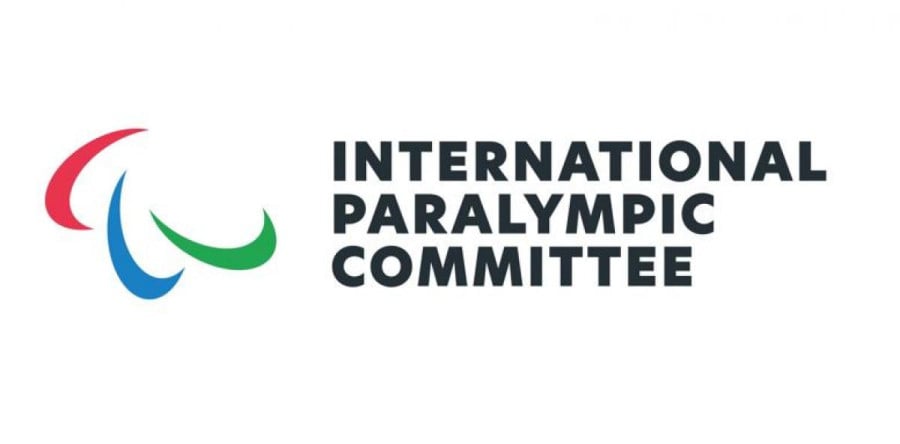An open letter on IWBF’s non-compliance with 2015 IPC Athlete Classification Code
IPC President Andrew Parsons and Chelsey Gotell, Chairperson of the IPC Athletes’ Council, with the full support of the IPC Governing Board, have drafted this open letter to all interested stakeholders for the purpose of providing greater clarity.
Classification in wheelchair basketball
Dear interested parties,
In recent weeks and months there has been much discussion and debate regarding the decision of the International Paralympic Committee (IPC) to find the International Wheelchair Basketball Federation (IWBF) non-compliant with the 2015 IPC Athlete Classification Code.
IPC President Andrew Parsons and Chelsey Gotell, Chairperson of the IPC Athletes’ Council, with the full support of the IPC Governing Board, have drafted this open letter to all interested stakeholders for the purpose of (a) providing greater clarity as to why the IPC took action, (b) providing an explanation of why resolution of this issue could not wait until after the Tokyo 2020 Paralympic Games, and (c) to answer some frequently asked questions.
Brief timeline of how this situation came about
To start, the timeline below gives a brief overview of how we reached this point:
-
In June 2013, the IPC launched a 22-month-long consultation exercise with all Paralympic stakeholders to suggest changes or additions to the 2007 IPC Classification Code. Anyone from National Paralympic Committees to International Federations, Para athletes to sports scientists, were invited to have their say on changes they would like to see made to the Code.
-
After three rounds of consultation, 3,750 individual pieces of feedback from nearly 100 stakeholders were received and considered before a final draft of the 2015 IPC Athlete Classification Code and International Standards (including Eligible Impairments) was produced.
-
The 2015 IPC Athlete Classification Code was then presented to the 2015 IPC General Assembly. The IPC membership overwhelmingly approved the documents with 90 per cent of votes in favour and just six per cent against. Four per cent of members abstained from voting.
-
Following its approval, the 2015 Code and International Standards then came into effect from 1 January 2017 with compliance being required by allInternational Federations by 1 January 2018.
-
In 2017, the IPC asked all International Federations to complete a self-assessment audit of their compliance with the Code ahead of the 1 January 2018 deadline and provided support throughout the process. The IWBF was the only International Federation not to meet the deadline, and only responded following multiple requests from the IPC.
-
In September 2018, the IWBF was found to be non-compliant with the Code.
-
To support the IWBF in achieving Code compliance, the IPC continued to offer assistance and outlined what measures needed to be taken by the IWBF ahead of Tokyo 2020.
-
Despite the IPC’s willingness to support, the IWBF failed to co-operate or make the necessary changes to achieve compliance.
-
Due to the lack of progress by the IWBF, the IPC took a final decision in January 2020. Among other things, ahead of Tokyo 2020, and as part of a range of measures the IWBF needed and still needs to take to be compliant with the Code, the IPC asked the IWBF to verify that each 4.0 and 4.5 player set to compete at Tokyo 2020 has an eligible impairment.
-
Eight existing wheelchair basketball players were subsequently found by the IWBF not to have an eligible impairment to compete in Paralympic sport.
-
The IWBF also found one existing player not eligible under its own rules.
-
Despite several years of discussions, the IWBF first requested a “transitional” arrangement to allow non-eligible players to participate in Tokyo 2020 in January 2020. The request was contained within two words on a single PowerPoint slide and was presented to the IPC Governing Board without any clear consideration, rationale, impact assessment, implementation plan or text for the provision itself, and with no apparent member consultation. This request also came after the deadline for submission of the IWBF’s proposed action plan (which deadline had itself already been extended at the IWBF’s request). The request was rejected by the Board for the reasons we explained in detail on 6 July 2020 which you can read here.
The original article can be found here.




